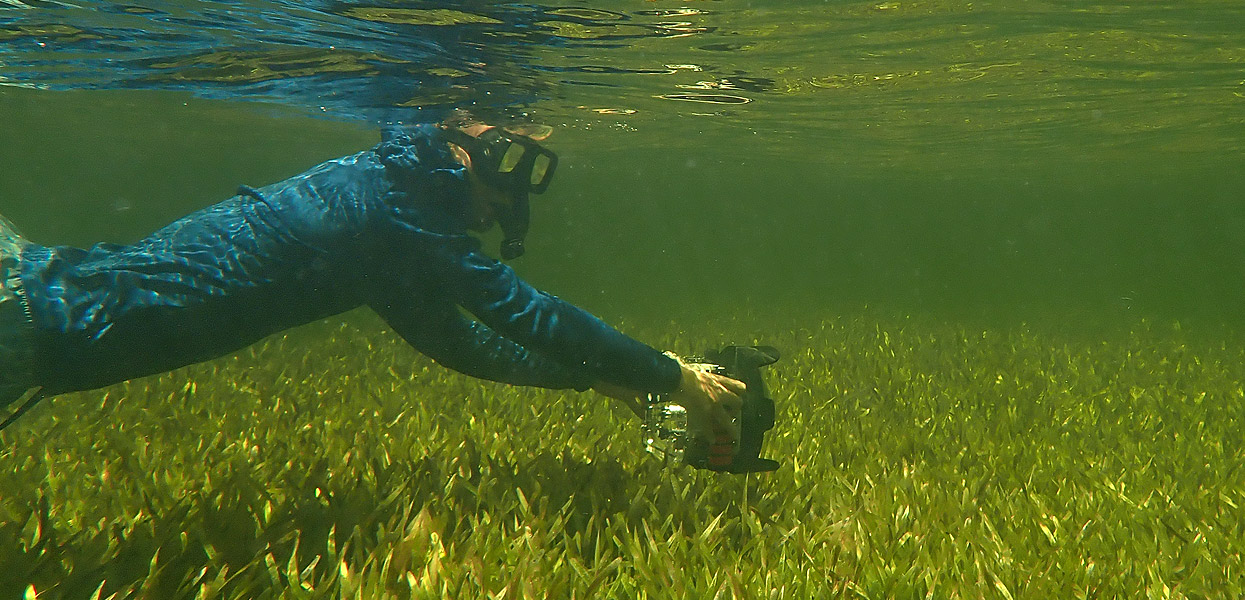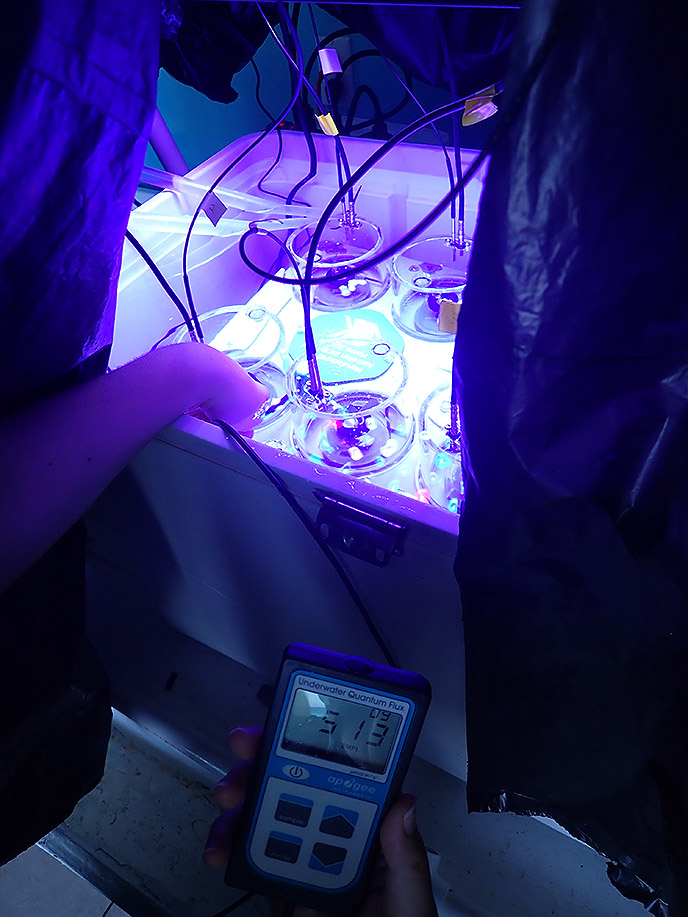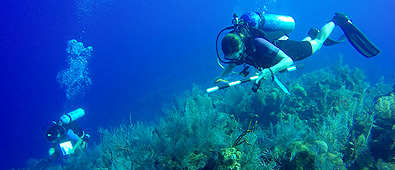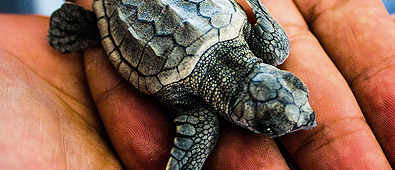Understanding how marine ecosystem-based restoration can support climate change mitigation
Climate change poses substantial risk to the future of coral reefs globally. Carbon dioxide emissions from human activity contribute to climate change and the associated effects, such as sea temperature rise, ocean acidification and extreme storm events, which all threaten the health of coral reefs.
As countries across the globe race to cut carbon emissions and achieve net-zero, we need additional tools to mitigate the impacts of climate change impacts and buy time for biodiversity, such as coral reefs, to adapt and build resilience to these threats. Carbon offsetting has grown in popularity as a method of reducing levels of carbon dioxide in the atmosphere, allowing businesses and individuals to minimize the impacts of their carbon emissions on the environment.
Blue carbon, the storage of CO₂ in marine ecosystems, presents substantial opportunity to scale up carbon offsetting activities and reduce atmospheric carbon, especially for coastal communities and small island states.
What is carbon offsetting?
Carbon offsetting allows companies to reduce the impact of their CO₂ emissions by protecting or restoring habitats that store and cycle carbon from the atmosphere. Traditionally, carbon offsetting has focused mostly on terrestrial habitats because the carbon storage metrics are better understood and easier to quantify and measure. Blue carbon offsetting schemes consider the carbon sequestration capability of habitats such as seagrass and deep-sea sediments, but limited evidence is hindering uptake and progress.
Combatting climate change requires a multi-pronged approach, combining the reduction of carbon emissions at source with mitigating existing carbon in the atmosphere. Alone, carbon offsetting is not the answer to climate change and when offsetting schemes are not designed to align with conservation objectives, they can have negative effects on overall biodiversity. However, carbon offsets that are evidence-based, ecosystem-conservation focused, and combined with additional climate action can provide significant benefits both for natural habitats and planetary health.
Blue Carbon Offset & Biodiversity Programme
CCMI’s Blue Carbon Offset & Biodiversity Programme will investigate key knowledge gaps to enable evidence-based investment in marine habitat restoration and blue carbon offset in the Cayman Islands and regionally. If the carbon sequestration is validated as successful, the project outcomes will lead to the production of a carbon credit certification tool.
The programme also includes immersive education that will engage local stakeholders and students in blue carbon offset initiatives and raise awareness of the connections between offsets, reducing carbon emissions, and healthy marine ecosystems and climate regulation.
Blue carbon offset initiatives have been met with skepticism around sustainability and efficacy, this programme is designed to gain a greater understanding of the potential for tangible, sustainable, and manageable blue carbon offset schemes that consider entire marine ecosystems and interactions between habitats with a longer-term focus on biodiversity and protection.
Understanding that marine ecosystems are likely to face novel conditions in the future, the project will also examine how the impacts of climate change, such as increases sea temperatures, may impact carbon sequestration rates. Our researchers are investigating the thermotolerance of key marine biodiversity features. This information will tell us which species may be more dominant under predicted climate conditions and may provide insight into their ability to store carbon from our atmosphere in the future.
The knowledge gained in this project will guide sustainable investment in blue carbon offset through restoration, raise awareness of reducing carbon emissions, and mainstream climate action and biodiversity at local and international scales.






